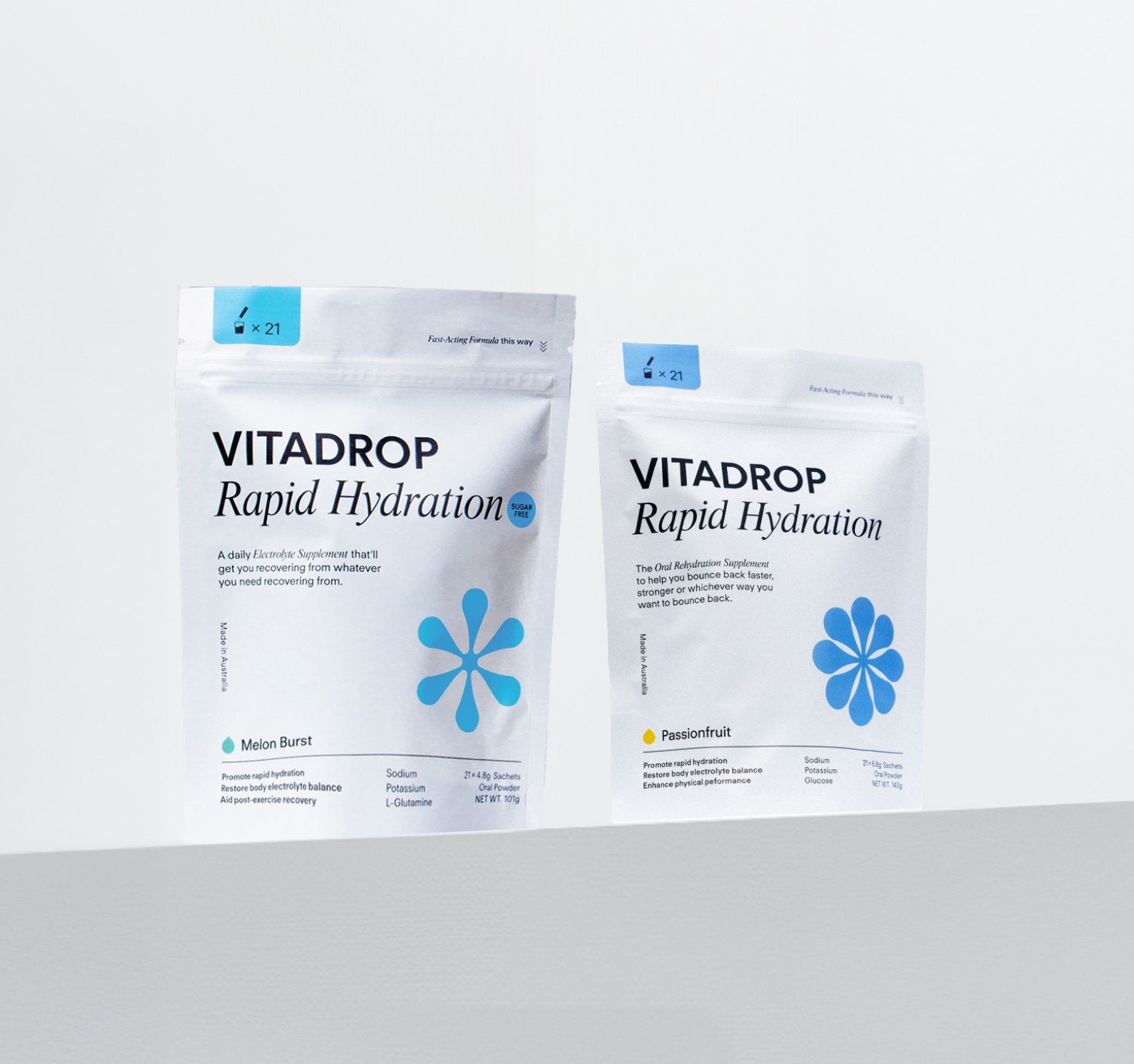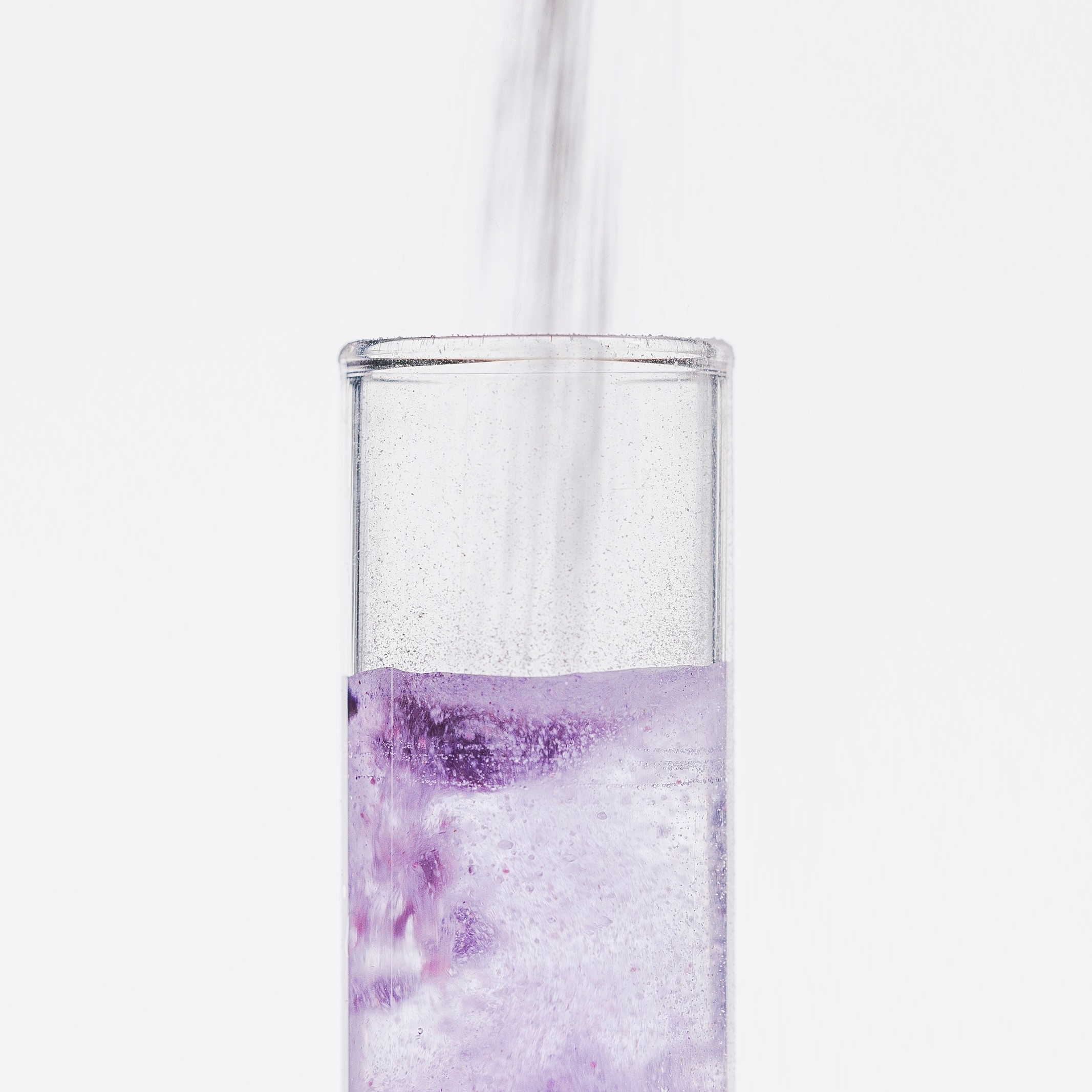Annie Nilsson - Oct 12 2020
Why our hormones are so damn important

Hormones are the body’s chemical messengers, produced by glands and travel through the bloodstream to our tissues and organs, helping to regulate a range of bodily processes.
Unfortunately, this means they’re responsible for anything from metabolism, appetite and heart rate, to sleep cycles, fertility, sexual function, muscle development and mood.
So, why is it that women have a harder time with issues like weight fluctuation, mood and energy throughout the month, while men generally gain muscle and lose body fat more easily? Yep, hormones.
Playing such a vital role, even the smallest hormonal imbalance can cause some pretty unpleasant symptoms, from weight gain, low sex drive and dry skin, to headaches and anxiety. It can even have some major health implications, linked with conditions like diabetes.
Taking responsibility for your wellness is the most important thing you can do to support your hormonal health.
Everyone’s different, so understanding how your body works will help you make the best choices around your diet and lifestyle, with potentially huge effects on your health and wellbeing.
So, how do they work?
The hypothalamus, or master gland, links the nervous system to the hormonal system, also known as the endocrine system. It synthesises and secretes neurohormones that stimulate or inhibit the secretion of hormones from the pituitary and pineal glands.
As our hunger, thirst, sleep cycles and emotions are all regulated by neurohormones, an imbalance can have a huge effect on our daily functions.
Like many conditions, a hormonal imbalance can be the result of poor gut health. However, it also works the other way - hormones that are out of whack, can wreak havoc on our gut microbiome.
With around 90% of serotonin made in the gut, it’s a major contributor to our emotional wellbeing. However that’s not all, poor gut health is also linked with issues like hormonal acne and bloating.
Taking pre and probiotic supplements are a great way to support a healthy microbiome.
Now, we know that gut health and mental health are not only intertwined, but both are reliant on a healthy hormonal balance. However, no one hormone works in isolation from others, our hormonal balance is complex and interconnected.
So, it makes sense that our immune function is also impacted by our gut health and hormonal balance. If you’re someone who's often sick, your gut and hormone might be the right place to start.
Imbalances in our thyroid and adrenal hormones, as well as testosterone, oestrogen and progesterone, can impact the immune system, increasing the risk of infection and a range of autoimmune conditions.
What about your fitness goals?
Despite your best efforts to eat well and train hard, a hormonal imbalance might be at the heart of slow or even nonexistent results. The thyroid gland is oh so important when it comes to our fitness and physique, and an imbalance can prevent us from reaching our fitness goals.
Located in our throat, the thyroid produces two key hormones that control our metabolism, as well as heart rate, energy and even protein synthesis.
Thyroxine (T4) and thyronine (T3) affect the metabolism of almost every cell in our body.
Not only does your metabolism dictate your ability to lose or gain weight, but it also determines your energy levels, internal temperature, skin, hair, nail growth, and more. Another important hormone released by the thyroid gland is calcitonin, which is necessary for bone construction and bone density.
Adiponectin, also known as the fat-fighting hormone, is vital to help our muscles use carbs for energy. It increases our metabolism and boosts our body’s processes of breaking down fat stores.
Weirdly enough, adiponectin is released by our fat cells, so leaner people tend to have higher adiponectin levels.
Monounsaturated (healthy) fats from foods like avocado, olive oil, nuts and seeds are a great way to naturally increase your levels of adiponectin.
Whilst the world of hormones might sound scary, there are plenty of simple ways to help support a more balanced hormonal system.
Move your body
Contrary to belief, high intensity workouts aren’t always the most effective, especially if you’re suffering from a hormonal imbalance. In fact, it can even make it worse.
Gentle movement such as stretching, swimming and walking are the ideal way to keep your body moving, without putting stress on your system.
Support your sleep
A good sleep routine is vital for a restful night's snooze. A bright room or too much screen time before bed suppresses the production of melatonin - a key hormone for quality sleep.
Limit Caffeine
Minimising your caffeine intake will not only help you sleep, but switching out your morning coffee may be helpful in settling your hormones.
As a central nervous system stimulant, too much caffeine will wreak havoc on your hormonal balance, enhancing stress you might already be feeling. Overstimulating your adrenal glands can quickly push your hormones out of balance, flooding your brain with dopamine and blocking adenosine.
De-stress
Did you know, our bodies don’t know the difference between being chased by a lion and worrying about a work deadline? Cortisol and adrenaline are great in short-term bursts to help us in emergency citations, and even push that little bit harder in the gym.
Long term stress however, can have a serious impact on your health, increasing risk of infection, as well as chronic health conditions.
Taking some time to rest and reflect is vital for your wellbeing. Make sure you’re finding time in your day to do more of what calms you down, whether it’s cooking or journaling, small changes can have a big impact.
Getting smart with your supplements is key to supporting your hormonal health, and there are a range of minerals, herbs and superfoods to help you.
Herbs and Adaptogens
Adaptogens function similarly to cortisol. Supplementing with miracle mushrooms and herbs can help lower your cortisol. By giving your adrenal glands time to rest, adaptogens have been shown to boost systems impacted by excessive stress.
Magnesium
Not only does magnesium calm the nervous system and balance cortisol, but but this magical supplement is responsible for converting the inactive T4 thyroid hormone into the active form of T3 - essential for a healthy metabolism.
Magnesium also helps the body make progesterone, oestrogen and testosterone, and can be oh so helpful in enhancing your sleep.
Maca
Maca is the root of a vegetable native to the Andes region of Peru, also known as Peruvian ginseng.
Adding maca powder to your diet is a great way to support your hormonal system, helping your body find its balance. It’s also a great source of minerals and essential fatty acids, with a host of benefits from improving fertility, supporting healthy skin and hair, and providing a caffeine free energy boost. What’s not to love?
Article credit :
https://www.hormone.org/your-health-and-hormones
https://www.britannica.com/science/neurohormone
https://maxliving.com/healthy-articles/gut-health-and-hormonal-imbalances
https://drbrighten.com/the-autoimmune-hormone-connection/
https://www.endocrineweb.com/conditions/thyroid/how-your-thyroid-works
https://www.livestrong.com/article/313879-adiponectin-and-diet/
https://www.sleephealthfoundation.org.au/pdfs/melatonin.pdf
https://science.howstuffworks.com/caffeine5.htm
https://www.livescience.com/65446-sympathetic-nervous-system.html
https://www.psychologytoday.com/au/blog/evolutionary-psychiatry/201106/magnesium-and-the-brain-the-original-chill-pill
https://www.verywellhealth.com/ways-maca-may-benefit-your-health-89573








